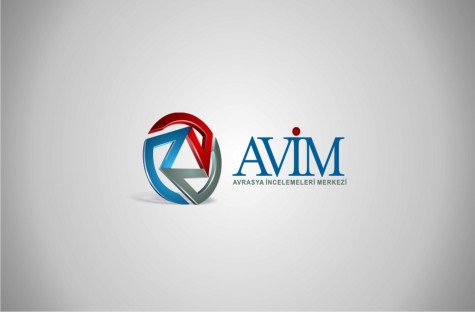
In May 2015, Tidningarnas Telegrambyra, national news agency of Sweden, reported that Sweden would set up an independent commission of experts, politicians and historians to investigate 1915 events. According to this report, Foreign Ministry spokesman Erik Boman said that “the Swedish government had put aside the country’s decision from 2010 describing the 1915 killings as “genocide” and would act accordingly to the commission’s results.”[1]
On 11 March 2010, Swedish Parliament adopted a resolution that recognized the killings of the Armenians, Assyrians/Syriacs/Chaldeans and Pontic Greeks under the Ottoman Empire between 1914 and 1923 as genocide by 131 to 130 votes. The bill states that: [2]
“…The 1915 genocide foremost engulfed Armenians, Assyrians/Syrians/Chaldeans and Pontic Greeks, but later came to also affect other minorities. It was the dream of a large Turanic Empire, Great Turan, which caused the Turkish leaders wanting to ethnically homogenize the remains of the decaying Ottoman Empire at the turn of the 19th century. This was achieved under the cover of the ongoing world war, when the Armenian, Assyrian/Syrian/Chaldean and Pontic Greek population of the empire were, almost entirely, annihilated. Researchers estimate that about 1,500,000 Armenians, between 250,000 and 500,000 Assyrians/Syrians/Chaldeans and about 350,000 Pontic Greeks have been killed or disappeared … Furthermore, a Swedish recognition of the truth and a historic fact should not imply any hinder for either the reform work in Turkey or Turkey's EU negotiations. With basis in what we have stated above, we consider that Sweden should recognize the 1915 genocide against Armenians, Assyrians/Syrians/Chaldeans, and Pontic Greeks. This should the Parliament present as its consideration to the Government.
Furthermore, we do consider that Sweden should act internationally, within the framework for EU and UN, for an international recognition of the 1915 genocide against Armenians, Assyrians/Syrians/Chaldeans, and Pontic Greeks. This should the Parliament present as its consideration to the Government.
As long as countries such as Sweden does not confront Turkey with the truth and the facts which are at hand, Turkey cannot go further on its path to an more open society, a better democracy and fully open up its possibilities for a membership in EU. Thus, Sweden should act for Turkey to recognize the 1915 genocide against Armenians, Assyrians/Syrians/Chaldeans, and Pontic Greeks. This should the Parliament present as its consideration to the Government.”
Significantly, as a distinction from the other bills and resolutions on the ‘Armenian Genocide’, the bill of the Swedish Parliament referred also to Assyrians and Pontic Greeks.
The 1915 events and Armenian war losses are a widely debated issue among the experts. Given that there is no consensus on the topic, politicians, many of which hardly have in-depth knowledge about that particular period need avoid making undue comments. Likewise, for the parliaments leaving the issue to the experts would be wiser than passing resolutions to pursue certain policies. Thus, Sweden’s retreat from its 2010 resolution is a prudent step, because genocide is a legal term and as the 1948 Convention on the Prevention and Punishment of the Crime of Genocide determines, only the verdict of a competent tribunal, not “an independent commission of experts, politicians and historians”, can decide if an act is a crime of genocide or not.
[1] http://news.videonews.us/sweden-set-commission-1915-deaths-0812021.html (latest access 12.05.2015).
[2] http://www.armenian-genocide.org/Affirmation.414/current_category.7/affirmation_detail.html (latest access 12.05.2015).
© 2009-2025 Center for Eurasian Studies (AVİM) All Rights Reserved
No comments yet.
-
 SWEDEN BACKTRACKS ON RECOGNITION OF THE KILLINGS OF ARMENIANS, ASSYRIANS/SYRIACS/CHALDEANS AND PONTIC GREEKS AS GENOCIDE
SWEDEN BACKTRACKS ON RECOGNITION OF THE KILLINGS OF ARMENIANS, ASSYRIANS/SYRIACS/CHALDEANS AND PONTIC GREEKS AS GENOCIDE
Cemre Dilay BOZTEPE 17.05.2015 -
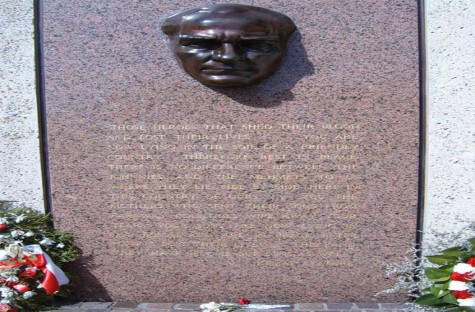 THE WATER DIVINER
THE WATER DIVINER
Cemre Dilay BOZTEPE 19.02.2015 -
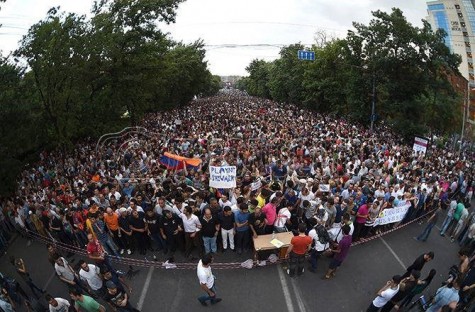 ELECTRICYEREVAN - PROTESTS IN ARMENIA
ELECTRICYEREVAN - PROTESTS IN ARMENIA
Cemre Dilay BOZTEPE 29.06.2015 -
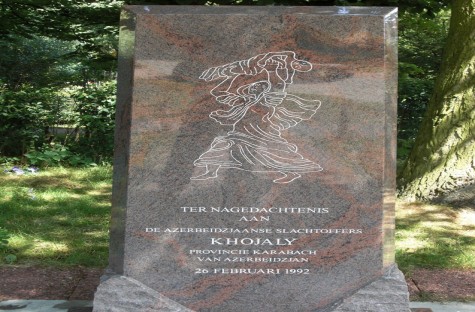 23rd ANNIVERSARY OF THE KHOJALY MASSACRE
23rd ANNIVERSARY OF THE KHOJALY MASSACRE
Cemre Dilay BOZTEPE 04.03.2015
-
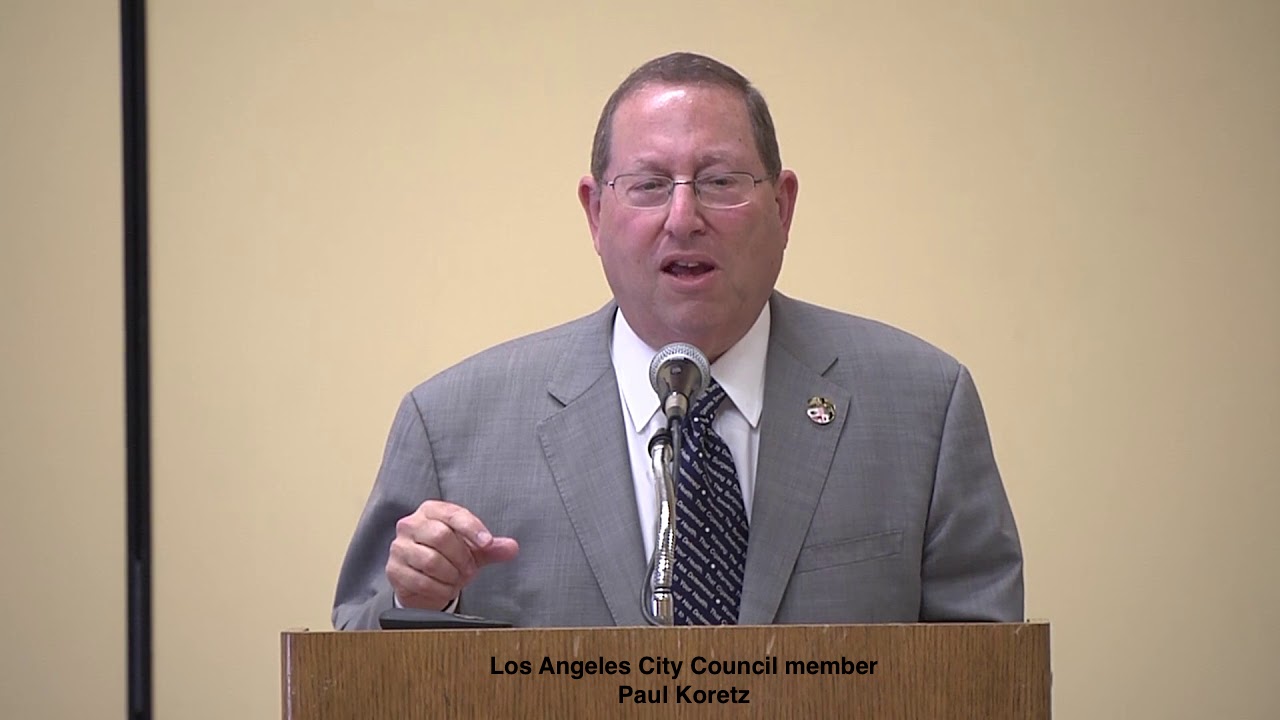 HATE SPEECH PUT INTO ACTION AGAINST TURKEY AND TURKS: FOUL-SMELLING PROVOCATION
HATE SPEECH PUT INTO ACTION AGAINST TURKEY AND TURKS: FOUL-SMELLING PROVOCATION
AVİM 31.01.2019 -
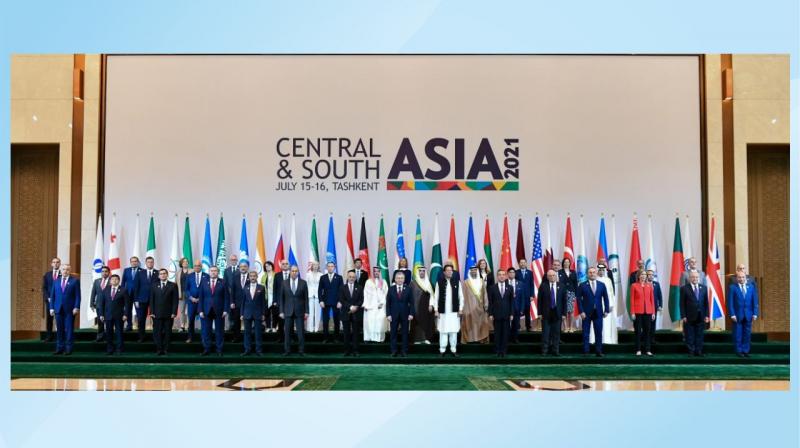 CENTRAL ASIA – SOUTH ASIA REGIONAL CONNECTIVITY AND THE NEW QUADRILAERAL PLATFORM (QUAD)
CENTRAL ASIA – SOUTH ASIA REGIONAL CONNECTIVITY AND THE NEW QUADRILAERAL PLATFORM (QUAD)
Gülperi GÜNGÖR 13.09.2021 -
TAIWAN (REPUBLIC OF CHINA) COULD BE SIGNIFICANT IN TURKEY’S OPENING TO ASIA.
Alev KILIÇ 07.11.2013 -
PRESIDENT SARKISIAN VISITING NICOSIA AND ATHENS
Ömer Engin LÜTEM 20.01.2011 -
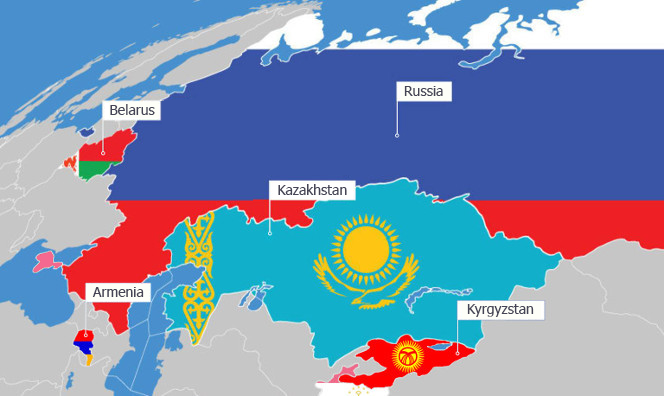 ARMENIA’S “BALANCE POLICY”
ARMENIA’S “BALANCE POLICY”
Hazel ÇAĞAN ELBİR 17.04.2017
-
25.01.2016
THE ARMENIAN QUESTION - BASIC KNOWLEDGE AND DOCUMENTATION -
12.06.2024
THE TRUTH WILL OUT -
27.03.2023
RADİKAL ERMENİ UNSURLARCA GERÇEKLEŞTİRİLEN MEZALİMLER VE VANDALİZM -
17.03.2023
PATRIOTISM PERVERTED -
23.02.2023
MEN ARE LIKE THAT -
03.02.2023
BAKÜ-TİFLİS-CEYHAN BORU HATTININ YAŞANAN TARİHİ -
16.12.2022
INTERNATIONAL SCHOLARS ON THE EVENTS OF 1915 -
07.12.2022
FAKE PHOTOS AND THE ARMENIAN PROPAGANDA -
07.12.2022
ERMENİ PROPAGANDASI VE SAHTE RESİMLER -
01.01.2022
A Letter From Japan - Strategically Mum: The Silence of the Armenians -
01.01.2022
Japonya'dan Bir Mektup - Stratejik Suskunluk: Ermenilerin Sessizliği -
03.06.2020
Anastas Mikoyan: Confessions of an Armenian Bolshevik -
08.04.2020
Sovyet Sonrası Ukrayna’da Devlet, Toplum ve Siyaset - Değişen Dinamikler, Dönüşen Kimlikler -
12.06.2018
Ermeni Sorunuyla İlgili İngiliz Belgeleri (1912-1923) - British Documents on Armenian Question (1912-1923) -
02.12.2016
Turkish-Russian Academics: A Historical Study on the Caucasus -
01.07.2016
Gürcistan'daki Müslüman Topluluklar: Azınlık Hakları, Kimlik, Siyaset -
10.03.2016
Armenian Diaspora: Diaspora, State and the Imagination of the Republic of Armenia -
24.01.2016
ERMENİ SORUNU - TEMEL BİLGİ VE BELGELER (2. BASKI)
-
AVİM Conference Hall 24.01.2023
CONFERENCE TITLED “HUNGARY’S PERSPECTIVES ON THE TURKIC WORLD"









